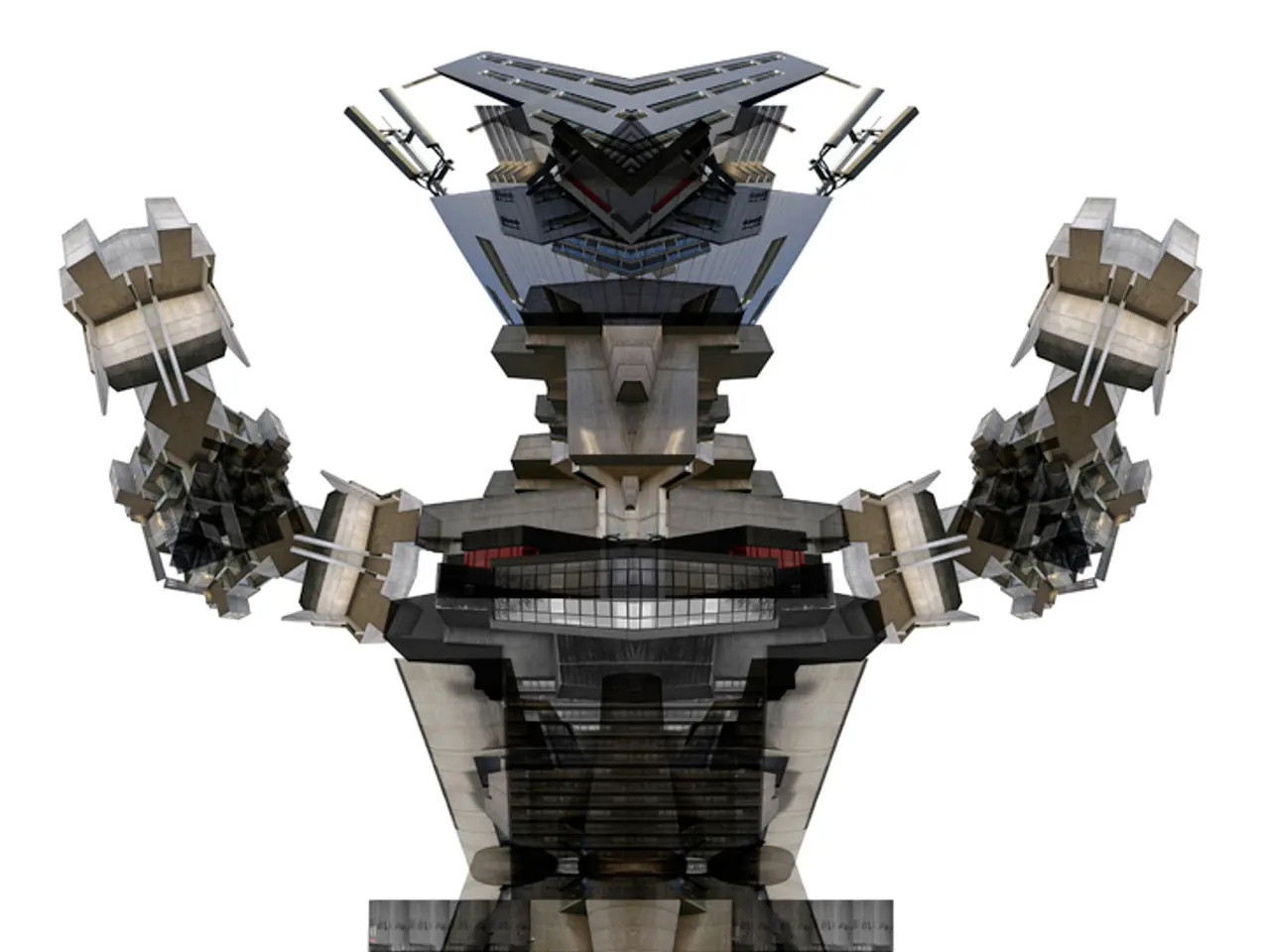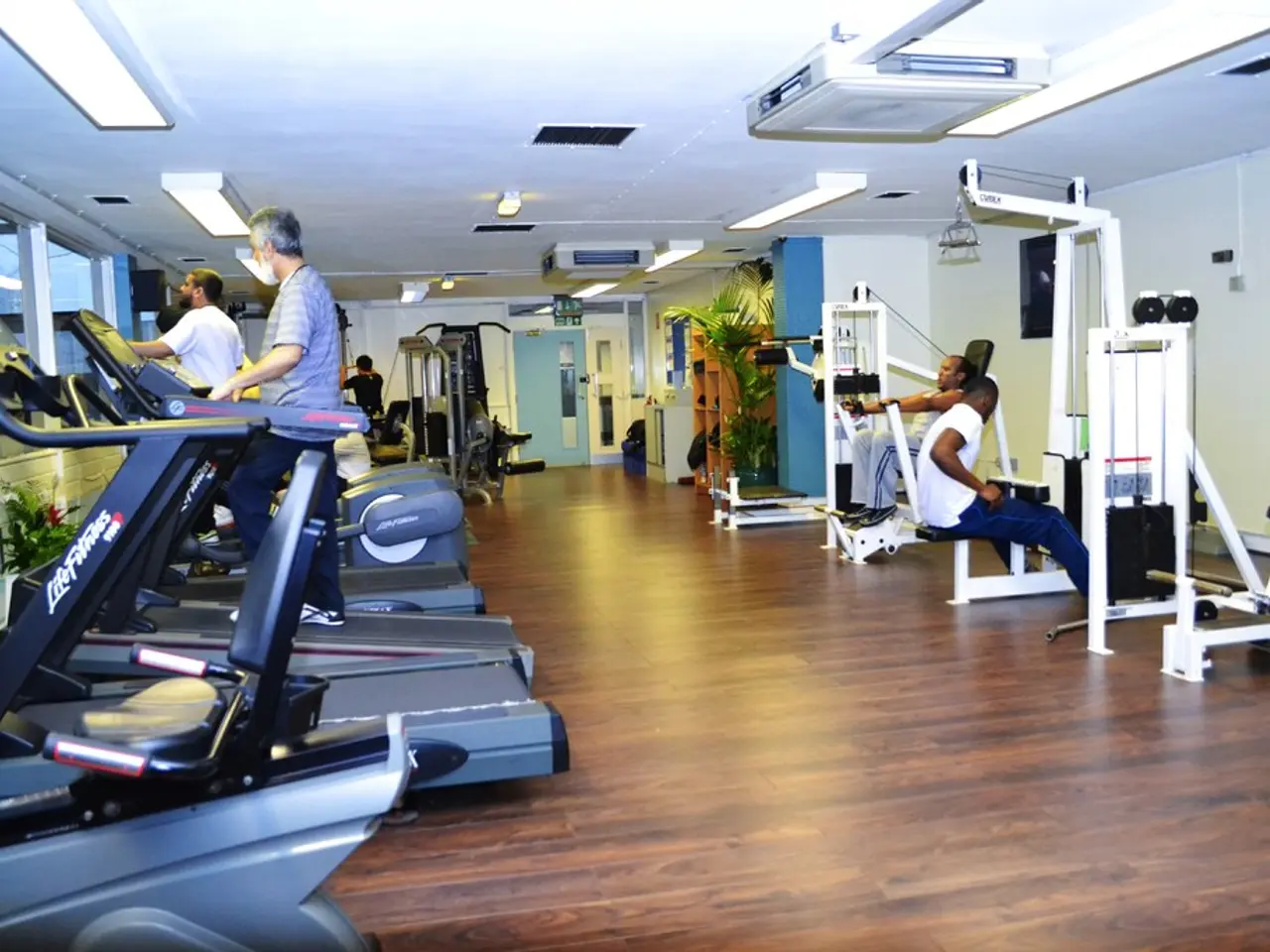Robot-aided heart valve surgery achieves groundbreaking World First, as declared by CardioPrecision.
In a significant breakthrough for cardiac surgery, Glasgow-based company CardioPrecision has executed the first clinical cases of robotic aortic valve replacement (AVR) through a tiny incision in the neck. This pioneering procedure, performed at the internationally renowned Cleveland Clinic, offers significant advantages over conventional open heart surgery.
Fraser Sutherland, MD, Chief Medical Officer of CardioPrecision, stated that the company's vision to enable heart surgery through a small incision in the neck is already delivering tangible patient benefits. Ying Sutherland, PhD, Chief Executive Officer of CardioPrecision, added that the introduction of this groundbreaking procedure to the medical community is a significant milestone for the company.
The robotic-assisted transcervical AVR represents a significant advancement in the field of cardiac surgery, offering a minimally invasive alternative for patients with aortic valve disease. The surgery, performed using CardioPrecision's CoreVista® Robot Enabling Platform, accesses the aortic valve transcervically (through the neck) rather than via a large sternotomy, which is standard in open heart surgery.
Key differences in patient recovery and risks include:
- Minimally invasive access: The neck incision is much smaller compared to the large chest incision in open surgery, which decreases tissue trauma and associated pain.
- Faster recovery: Patients typically experience shorter hospital stays and quicker overall recovery, as the procedure avoids full sternotomy and cardiopulmonary bypass trauma seen in traditional surgery.
- Reduced complications: The robotic assistance and transcervical approach minimize the risks related to sternotomy such as infection, bleeding, and prolonged ventilation.
- Safety and efficiency improvements: Surgeons at Cleveland Clinic have reported that as experience increases, operative times and risks such as aortic cross-clamp time improve, indicating growing procedural safety and efficiency.
In contrast, conventional open heart AVR involves opening the chest via sternotomy, which results in more pain, longer hospital stays, and higher risks of complications like infection, bleeding, and prolonged recovery due to the invasiveness of the approach.
CardioPrecision's aspiration is that every cardiac surgeon could offer the robotic-assisted aortic valve replacement procedure to their patients. The company demonstrated a proof-of-concept AVATAR procedure for aortic valve replacement in Chicago last year, and early clinical data was presented by Dr. Marijan Koprivanac at the American Association for Thoracic Surgery annual meeting and the International Society for Minimally Invasive cardiothoracic Surgery annual meeting in May.
Graham Watson, Executive Chair of InnoScot Health, congratulated CardioPrecision on its landmark breakthrough in robotic-assisted aortic valve replacement, stating it represents a vital step in producing improved outcomes thanks to minimally invasive techniques.
In conclusion, for eligible patients, robotic AVR via the neck incision could become a superior alternative to conventional open heart surgery in both recovery experience and complication risk profile. However, the procedure is new and currently performed at select centers with ongoing efforts to optimize and standardize the technique.
- The application of technology in medical-conditions, such as cardiovascular-health, has been uplifted with CardioPrecision's development of the robotic-assisted transcervical aortic valve replacement (AVR), which leverages the digital health domain to offer a minimally invasive alternative for patients with aortic valve disease.
- The introduction of this robotic technique in health-and-wellness has significant implications, as it reduces risks associated with conventional open heart surgery, like faster recovery, minimal tissue trauma, and decreased complications due to smaller incisions and decreased invasiveness.
- CardioPrecision's pioneering work in digital health and medical-conditions has garnered attention from experts in the field, with Graham Watson, Executive Chair of InnoScot Health, praising the company's recent advancements as a vital step towards improved patient outcomes using minimally invasive techniques.




